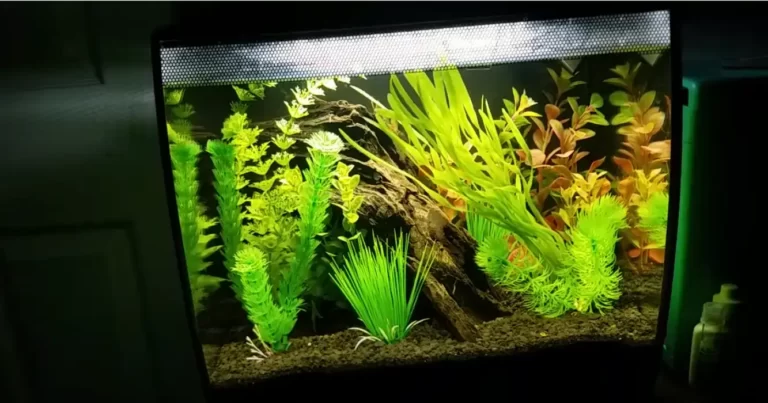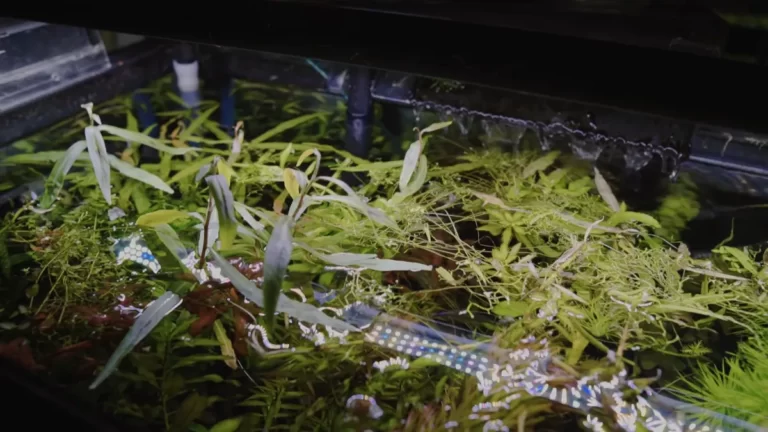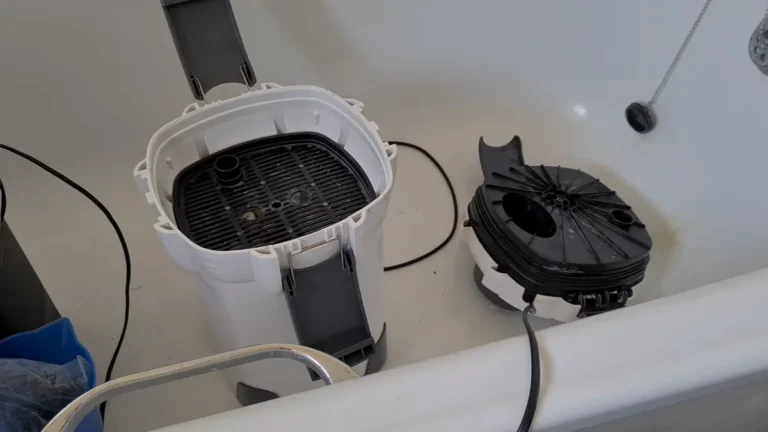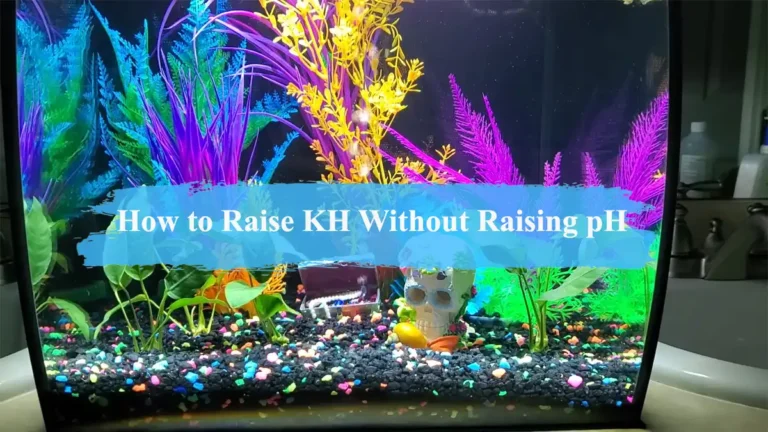Tap Water for Fish Tank – Ensuring the Best for Aquarium Water
Amidst the vast ocean of questions, one big query surfaces: Is tap water a suitable choice for our beloved fish tanks? Fear not, for we shall arm ourselves with water testing kits and embark on a quest to uncover the truth about tap water for fish tanks. As we delve into this aquatic mystery, rest assured that we’ll equip ourselves with the knowledge to ensure the best for our aquatic companions.
So, prepare your nets and get ready to dive deep into the realm of tap water and its role in safeguarding our aquatic friends!
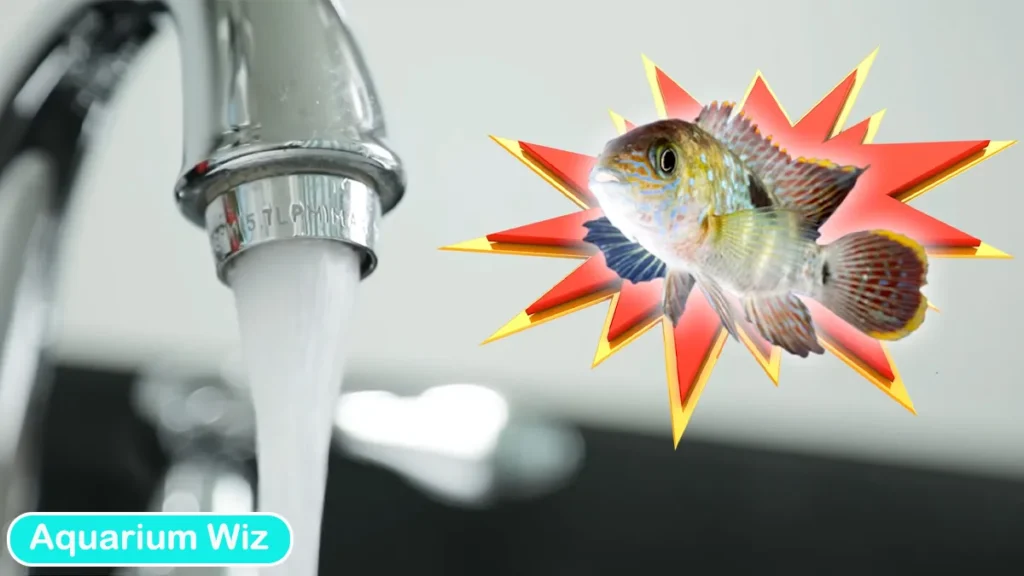
Tap Water for Fish Tank – Is it Safe?
Okay, let’s get to the heart of the matter – tap water for fish tanks. I know, it can be a real head-scratcher. But fear not, my fellow fishkeepers! We’re gonna unravel this mystery and make sure our finned friends get nothing but the best.
How Does Tap Water Affect Fish?
You know how demons can mess with our plans? Well, tap water can sometimes play a similar trick on our fishy pals. But with a little Slayer knowledge, we can conquer this challenge!
Chlorine and Its Harmful Effects
- Hey, chlorine is not our fish’s BFF: Most tap water has this stuff added as a disinfectant, but it can be a real fishy nightmare.
- Danger in the gills: Chlorine can harm our fish’s delicate gills and cause major stress – like a vamp in the sun, ouch!
- Time for the rescue team: Enter the water conditioners – our very own Slayer squad for neutralizing chlorine and saving the day!
The Role of Heavy Metals
- You’d think heavy metals are all about headbanging, but not in our tanks: Some tap water may have heavy metals like copper or lead that are toxic to our fish.
- Health hazards for our aquatic pals: Heavy metals can weaken our fish’s immune systems and cause long-term problems – not a good vibe.
- Water conditioners to the rescue again: Our trusty water conditioners also handle these heavy metal invaders, ensuring our water stays safe and sound!
Related Post: Spring or Distilled Water for Fish Tank– What’s the Differences
Dealing with Tap Water – Proper Preparations
Okay, my fellow fish lovers, we need to get this tap water ready for our fishy inhabitants. No time for slacking – we need to ensure the best water quality for our aquatic buddies.
Dechlorination Process
- Time to call in the Slayer squad again: Pick the right water conditioner, our trusty weapon against chlorine and all its nastiness.
- No room for mistakes: Follow the instructions on the conditioner bottle – too much or too little can mess things up.
- Patience is a virtue: Like a good demon hunt, we need to give the conditioner enough time to work its magic before adding it to the tank.
Monitoring Water Parameters
In the Slayer world, we’re always on high alert. It’s the same for our fish tanks – we need to keep a close eye on those water parameters!
- Regular testing is the name of the game: Just like we slay vampires, we need to test our water regularly – especially during tank cycling or after any major changes.
- pH levels – keeping things just right: Our fish have their pH preferences, so we better make sure it’s in their comfort zone.
- Ammonia and Nitrite watch: These toxic compounds can turn our fish’s world upside down, so we need to keep them in check!
Tap Water or Alternatives?
Okay, so tap water is in the running, but what about other options? We need to weigh our choices, just like I weigh the pros and cons of slaying different kinds of monsters!
Tap Water vs. Bottled Water
- Cost considerations: Tap water is like the budget-friendly option, while bottled water can be a bit high maintenance for our wallets.
- Minerals matter: Some bottled water may have extra goodies for our fish, but tap water can also provide essential nutrients – tough choice!
- Consistency is key: Tap water quality is like our reliable Scooby Gang – it’s consistent and easier to manage.
Tap Water vs. Filtered Water
- Filtration advantages: Filtered water is like having an extra layer of Slayer protection – it removes impurities and ensures higher water quality.
- Keeping those essential minerals: Our fish need their vitamins, so we need to make sure the filtration doesn’t strip them away.
- Finding the balance: It’s like choosing the right weapon for a big bad – we need to strike the right balance between tap water and filtered water for our fish’s benefit.
Related Post: Can You Use Distilled Water for Betta Fish?
Frequently Asked Questions (FAQ)
As a Slayer, I’m used to facing a lot of questions, and our fishkeepers have some too. Let’s tackle these FAQs head-on!
Can I use untreated tap water directly in my fish tank?
Oh no, that’s like inviting a vampire into your home! Untreated tap water can contain harmful chlorine and other toxic substances. Always dechlorinate and condition tap water before adding it to the tank – no shortcuts!
What if my tap water already has low chlorine levels?
Even low levels of chlorine can stress our fish, and that’s not cool. Always use a water conditioner to ensure complete dechlorination – no half measures!
Can I use tap water for all fish species?
Most freshwater fish can tolerate properly conditioned tap water. However, some sensitive species might have specific water preferences, so we need to do our research – knowledge is power!
Conclusion
There you have it, my fellow fishkeepers – the ultimate guide to tap water for fish tanks. It’s all about preparation and ensuring the best water quality for our aquatic friends. With proper dechlorination and conditioning, we can create a safe and healthy environment where our fish can thrive.
So, whether you go with tap water or explore other options, remember to put your fish’s well-being first. Happy fishkeeping, and may your aquarium journey be full of underwater adventures – Buffy out!
Related Post: Betta Fish Staying at Top of Tank After Water Change: What to Do?

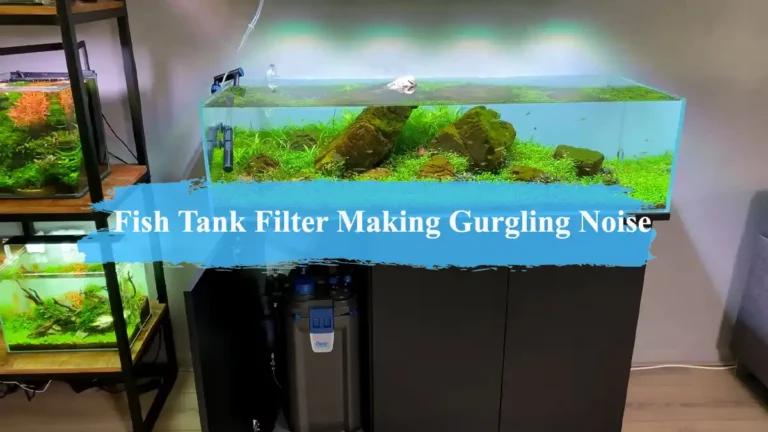
![Fish at Top of Tank but not Gasping [Explain]](https://aquariumwiz.com/wp-content/uploads/2023/08/Fish-at-Top-of-Tank-but-not-Gasping--768x432.webp)
